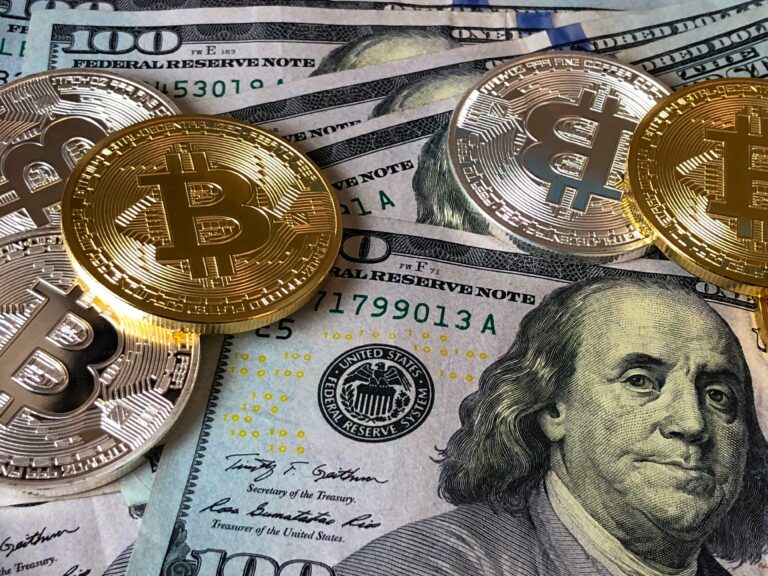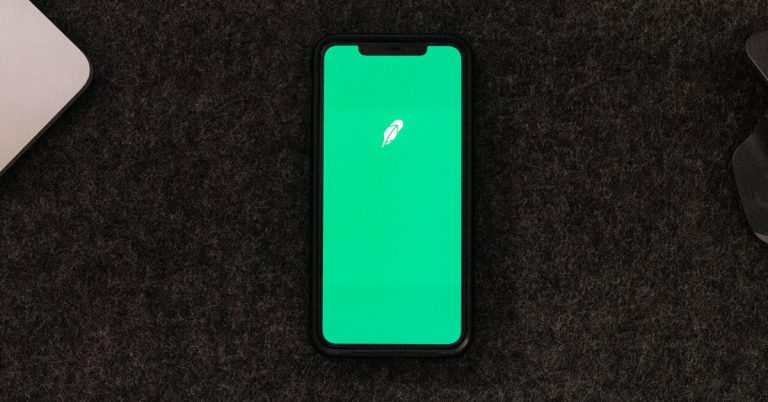Robinhood Hidden Fees
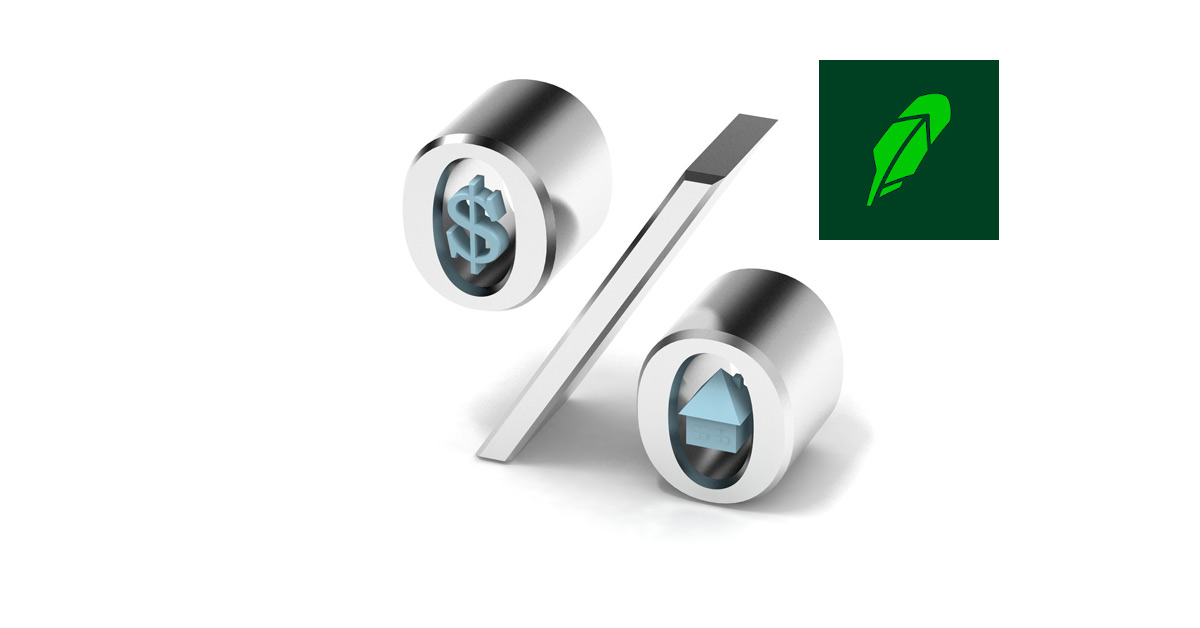
Robinhood is an American financial services company that has become a dominant force in the investing industry. Its claims to offer commission-free trades is great for stock traders who want to cut down costs.
Founded in April 2013, the brokerage company owns a free-trading app that, as they put it on their website, allows investors to trade stocks, options, cryptocurrency, and exchange-traded funds without paying fees or commissions.
Does Robinhood have hidden fees?
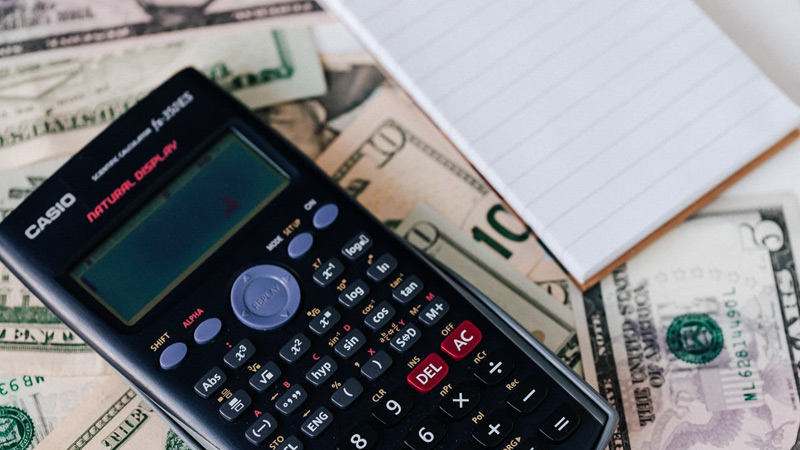
Robinhood says they don’t charge their customers a penny for investing with them. They also claim that they would charge nothing to their customer when they open an account with them. But they will charge you for maintaining or transferring funds to your account.
Those who have been in the stock trade will agree with me that commissions are not always cheap. Aaron Schnoor, on Medium.com, reveals that Robinhood‘s claim of its free trading is actually not free. He says that the company markets itself as “a pioneer of commission-free investing” yet there are hidden costs, and in Bloomberg News last week, some investors claimed that Robinhood’s brokerage app stole their money.
So what are these Robinhood’s hidden costs? In his report on Nerdwallet, Chris Davis says that some investors have found “Robinhood’s range of tradeable accounts options and securities lacking.” He adds that Robinhood, compared to $0 brokers such as TD Ameritrade, Fidelity, and Charles Schwab, has given its investors what the writer terms “bare bones experience.”
In a review by Top Rated Firms, the financial company charges its customers $2 and $5 for confirming and printing each piece of paper statement respectively. The online magazine further reveals that the brokerage company charges a whopping $75 when a customer transfers an account to a rival brokerage firm via ACAT system. And if you restricted your account, you would be charged $10 per trade plus an extra $10 if you spoke to a representative on the phone when submitting an order.
If Robinhood’s claim that investing with them is commission-free is something to go by, that they don’t charge its customers for opening and maintaining accounts, then why did SEC, in a press release of 2020-321, charge it for “misleading customers about revenue sources and failing to satisfy the duty of best execution?” That is after the company’s co-founder Vlad Tenev bragged that they had “grown to over 6 million customers in under four years by offering our services at a dramatically lower cost and better than others.”
But commenting in Traders Magazine, Dr. Richard Smith asserts that Robinhood was fined $1.25M by their regulator Financial Industry Regulatory Authority (FINRA) in September last year for “best execution violations”, terming the financial company’s free trade and spectacular customer experience “naive”.
Robinhood Gold
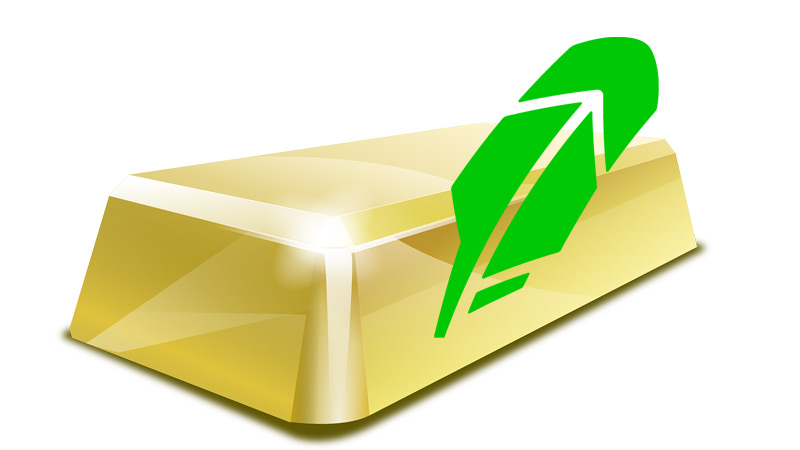
Robinhood Gold is one of the products of Robinhood Financial which, as they say on their website, gives their customers access to margin trading for only $5 a month. This may not be much but if 700,000 people subscribed to the service, Robinhood would get $5.5 million monthly income.
Interest
Like any other brokerage company, Robinhood lends and makes money through interest charged on premium subscription services and cash deposits. The company also gets income from the loans. It also increases profit by increasing the bid-ask spread on orders.
According to Stockbroker, Robinhood sells out order flow, which is the right of a customer to fulfill an order, to wholesale stock markets.
Robinhood customers’ access to margin trading for $5 a month. It is their Robinhood paid Gold, which is their margin trading service. The money is not that much, but if 700,000 people subscribe to the service, Robinhood will get $3.5 million monthly income. It is the premium membership offering from Robinhood. It costs $5 per month. But according to Brokerage Reviews, Robinhood actually does not offer the ability to invest in gold. It gives its customers the opportunity to trade securities that are indirectly or directly connected to gold
Robinhood trading fees
Investing with Robinhood is commission-free. That they don’t charge anything to open and maintain an account, or transfer funds to an account, so they say. But by law, they are required to charge you $22.10 per $100,000 of principal for sales only. This fee is rounded to the nearest penny and it goes to the Securities and Exchange Commission (SEC) through the Financial Industry Regulatory Authority (FINRA) to cover costs incurred by the government for regulating the securities market. The good news is that this fee is only paid by customers with a notional value of more than $500.
The trading fee which applies to sales of the stock is capped at $5.95 per transaction and rounded up to the nearest cent. The company also charges $30 for the domestic overnight checks, regulatory fees such as Securities and Exchange Commission fees which is $2.31 per $100,000 of principal restricted to sales only, rounding the fee up to the nearest penny. Besides, they charge $25 for domestic transfer and $50 for international transfer.
They also charge their customers a fee for certificates known as American Depositary Receipts representing foreign stocks that trade on American exchanges. These certificates are issued by banks for custodian fees that range from $0.01 to $0.03 for each share.
There is are also trading activity fees of $0.000119 and $0.002 per share for equity and options shares respectively which Robinhood charges its customers with sales of $500 shares or less.
Robinhood’s financial fees schedule might look attractively affordable to most investors, but it is disadvantageous. For instance, you can only access the company’s customer service during market hours. There is no online chat and their telephone number is not toll-free.
Robinhood withdrawal fees
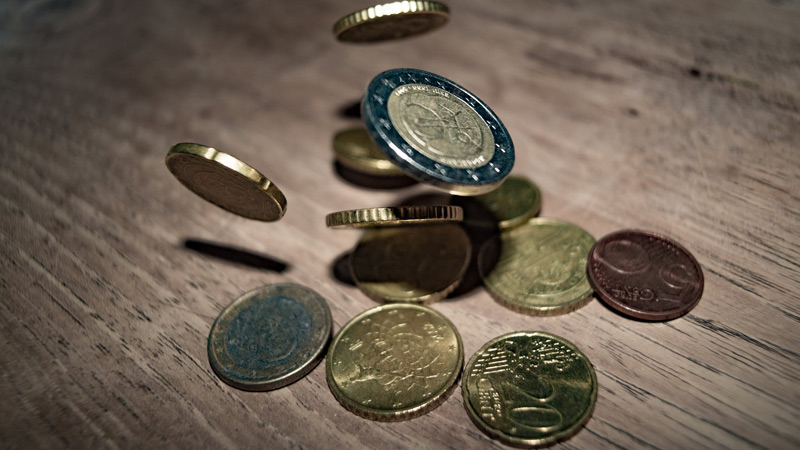
First, let’s have a look at Robinhood’s withdrawal rules. On their support site, the brokerage company has indicated that after a sale, you must wait for the funds to settle before you withdraw, and the settlement period is the trade date plus two days. Then after a deposit, you can only withdraw money to the account where they were deposited for the initial 60 days.
Unless you use a wire transfer service, Robinhood will not charge you a fee when you withdraw funds from your account. But this is something to be cautious about. There is a $75 charge if you want to move the entire account to another broker-dealer.



